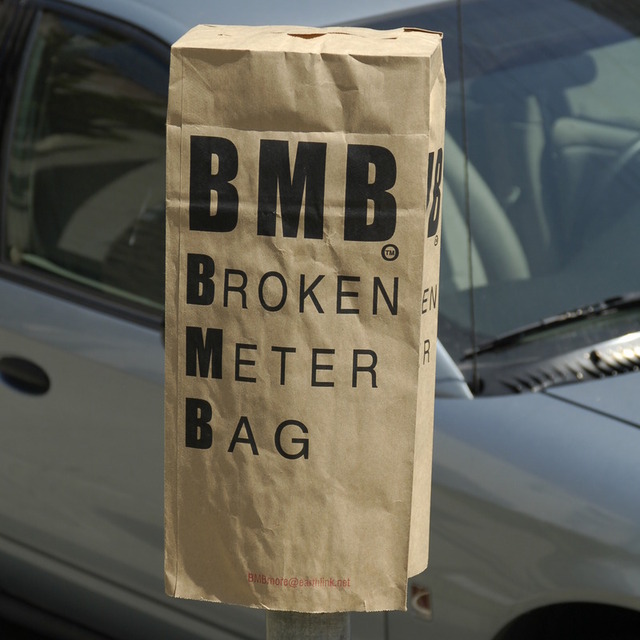
For the last year, the Canadian Radio-television and Telecommunications Commission has been at the center of a raging debate over the future of Internet access pricing. After the CRTC approved a shift to usage-based wholesale rates for competitive ISPs, a furious backlash caused the Canadian government to pressure the CRTC to take another look at the policy.
Canada has a line-sharing regime for broadband similar to the one the United States abandoned under President Bush. Under this scheme, ISPs whose networks don't reach the "last mile" to a customer's home can lease connectivity from an incumbent at wholesale rates set by the government. In the past, the wholesale rates were on a per-connection basis, but the incumbents have been lobbying for a switch to usage-based billing, which they argue is needed to help pay for the costs of capacity expansion.
In a Tuesday ruling, the CRTC, which has powers similar to the American Federal Communications Commission, tried to split the difference with a capacity-based usage model. Under this model, competitive ISPs must decide at the start of each month how much network capacity it wants at each point where it interfaces with the incumbent's network. If it overestimates its traffic needs, it will pay more than it needs to. If it underestimates, its customers will suffer from increased congestion.
In its notice announcing the policy, the CRTC argued that the capacity-based model is superior because peak traffic drives network costs. The agency also argued that forcing independent ISPs to decide how much capacity they need in advance shifts some of the risks involved in network expansion onto the independents, rather than forcing incumbents to bear the full risk. They also argue that the incumbents have the infrastructure needed to implement the policy with minimal cost.
OpenMedia.ca, an activist organization that was a major critic of the original usage-based pricing proposal, was jubilant. "Together we’ve stopped Big Telecom’s plan to impose usage-based billing (Internet metering) on all Canadians," the group crowed on its website. The group promoted a campaign encouraging Canadians to switch to independent ISPs.
But not everyone was happy. Bill Sandiford, president of the Canadian Network Operators Consortium, which represents smaller ISPs, warned that the new rates announced by the CRTC could raise independents' costs and force some of them out of business. "ISPs need to compete to give consumers choice, and if these rate hikes mean they can't, there's going to be less choice," he told the Financial Post.
Listing image by Photograph by Herr Herrner
reader comments
23